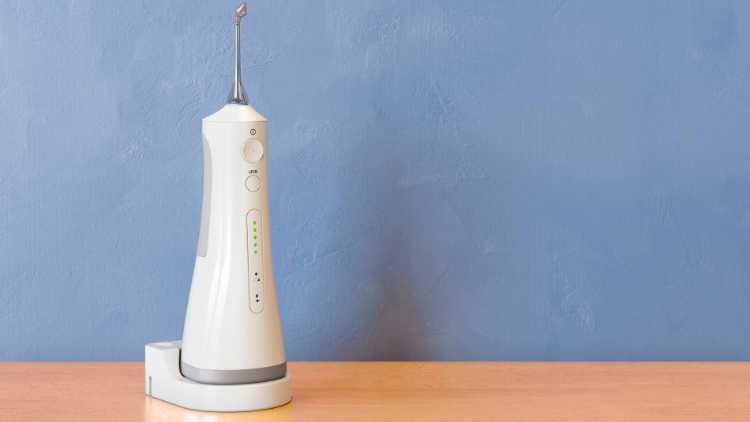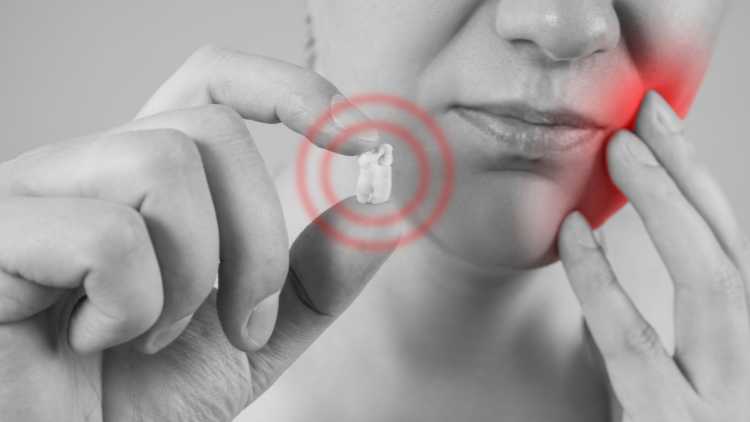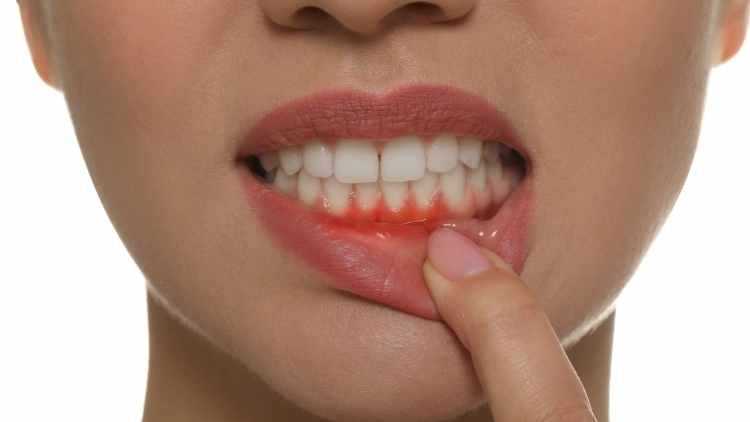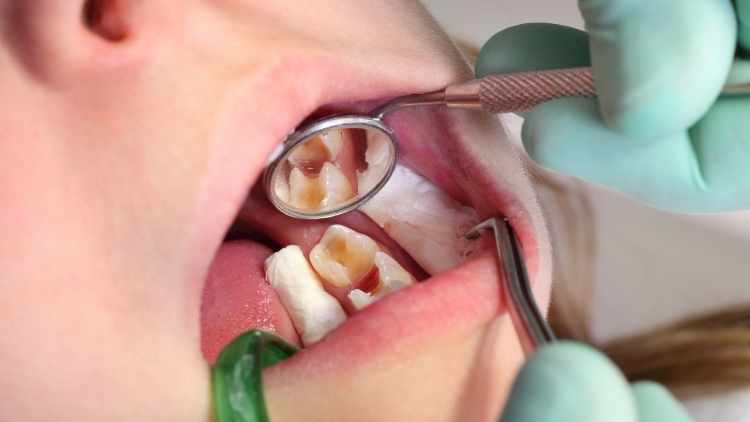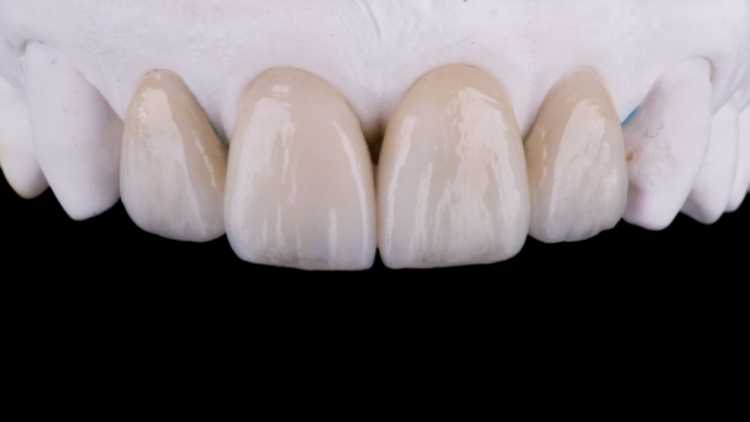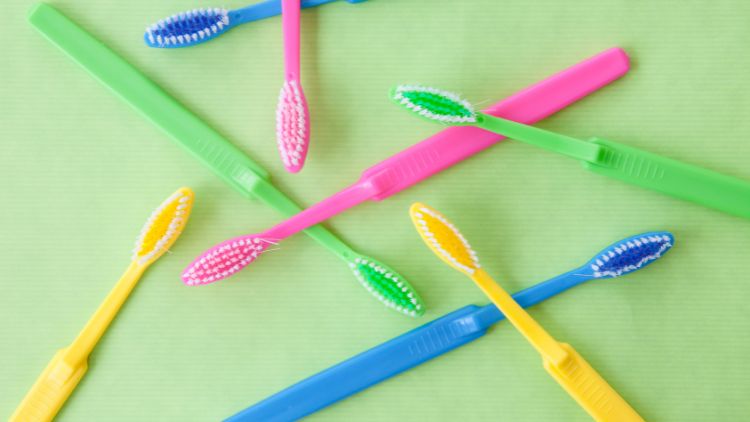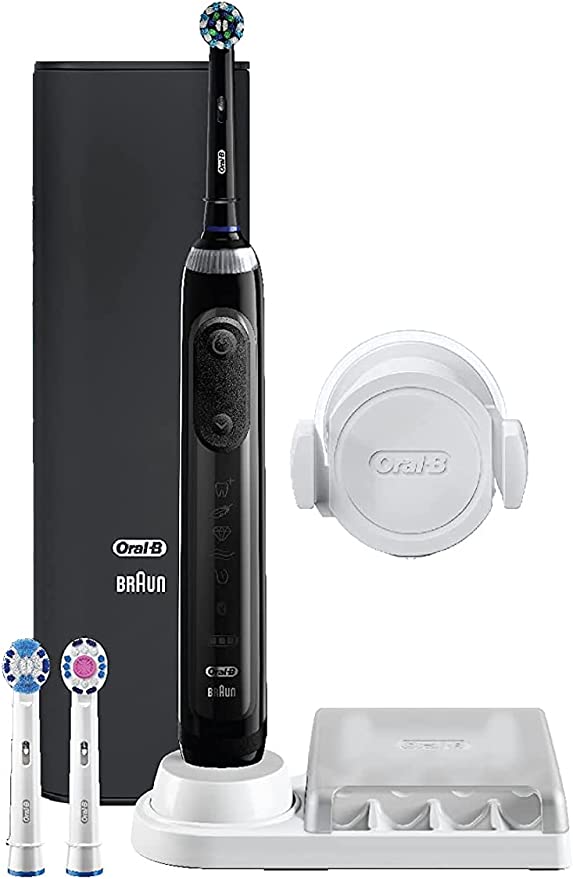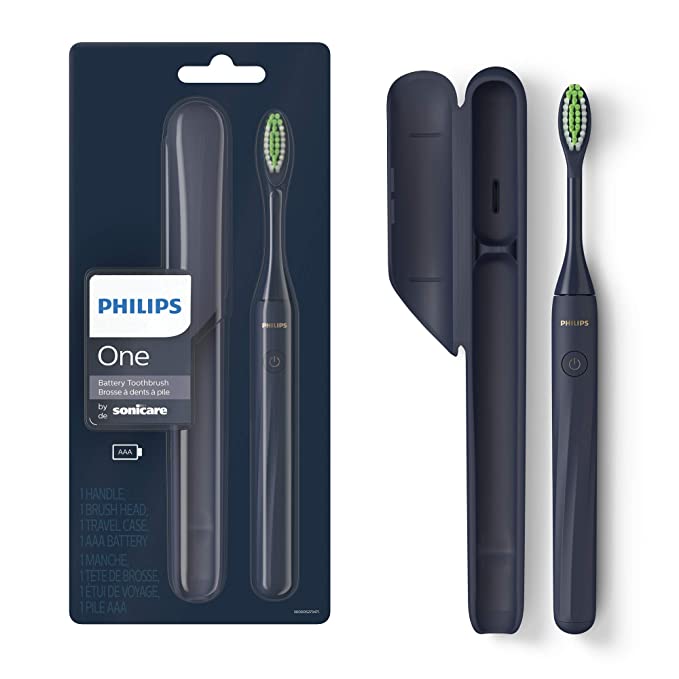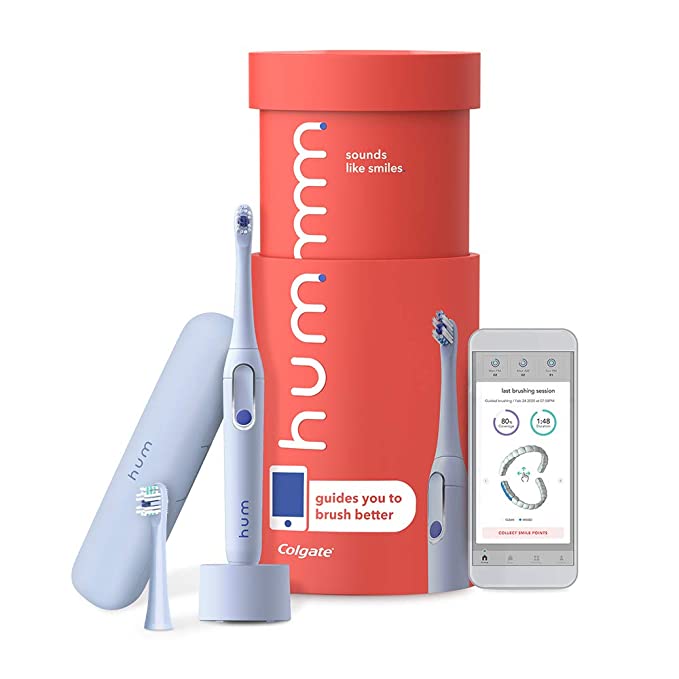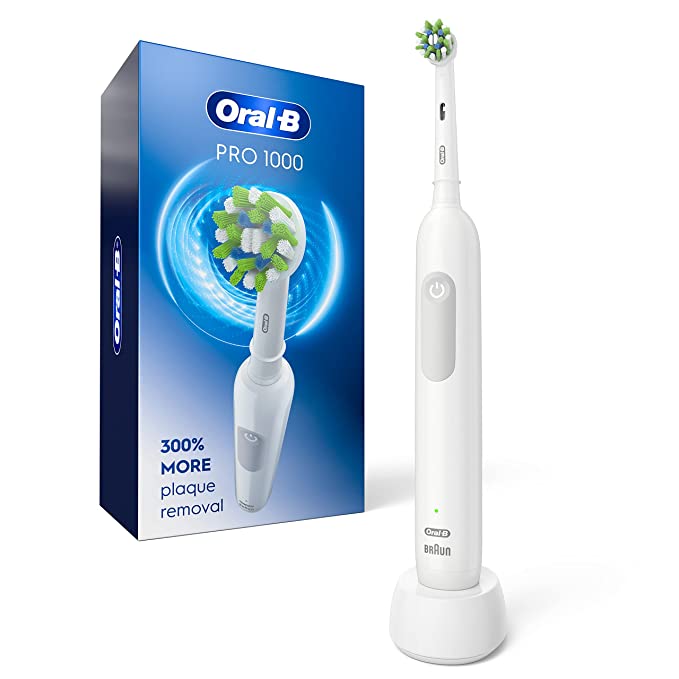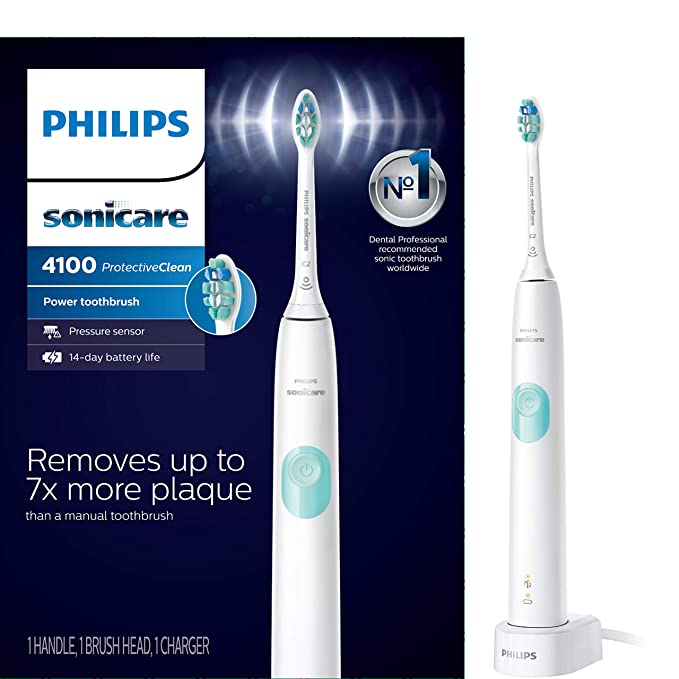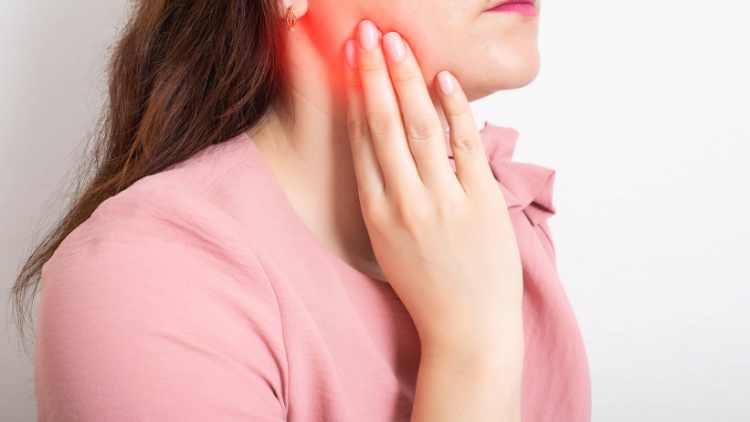
What does an abscessed tooth look like? There are dangers of pulling an abscessed tooth. There are tips on how to treat an abscessed tooth. We will go over all of these things in this blog. First, let’s talk about what an abscessed tooth is. An abscessed tooth is an infected tooth. It can happen if you have a cracked tooth, gum disease, or even tooth decay.
What Does an Abscessed Tooth Look Like?
An abscess in general refers to an accumulation of pus in a cavity or space. What you see and feel is dependent upon the type of dental abscess you have. You may experience various symptoms. For example, you may have pimple-like sores on your gums. Also, you may actually see drainage from the tooth. However, there is a type of abscess with a cyst around the root. This abscess is called a periapical abscess and is visible in an x-ray.

Dangers of Pulling an Abscessed Tooth
Extracting a tooth can lead to other issues First, bone shrinkage in the area of the missing tooth can happen. Also, the adjacent teeth will start to drift into the position of the missing one. If your teeth drift then your bite can be affected. Anytime a tooth is extracted you should look for a way of replacing it. This will result in the most optimal oral health. Also, fewer complications down the line. No tooth replacement will be exactly as good as a natural tooth. That being said, you should try to preserve your tooth if possible.
How to Treat an Abscessed Tooth
We already talked about the possibility of pulling the tooth. The other most common option is a root canal. A dental abscess is commonly treated with a root canal treatment. The infection is removed from the tooth, the space is filled with a special dental filler material, and the tooth is sealed. A dental crown may be required to protect the tooth.
Conclusion
It’s important to visit the dentist if you think you have a dental abscess. Discuss your options with the dentist. Get a second opinion if needed. Our 5-star office is here to help. We are located in Monroe, Michigan. Regain confidence in your smile and contact us today to schedule an appointment.

 Request an Appointment
Request an Appointment
